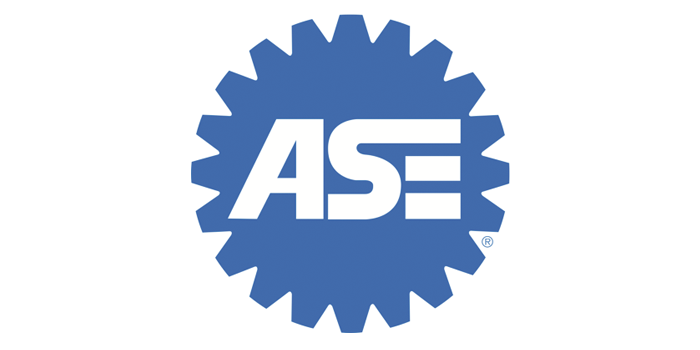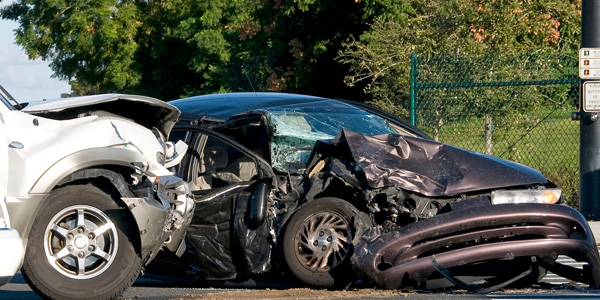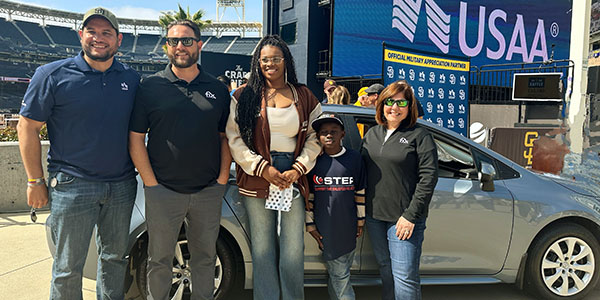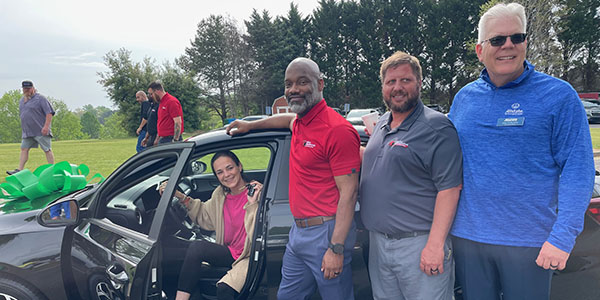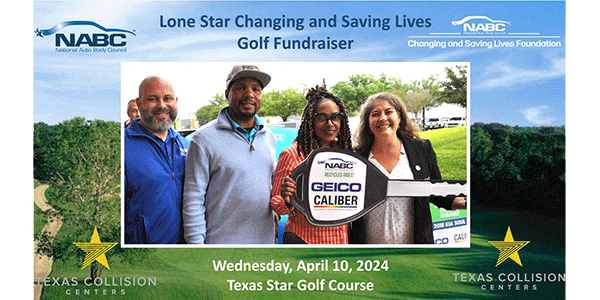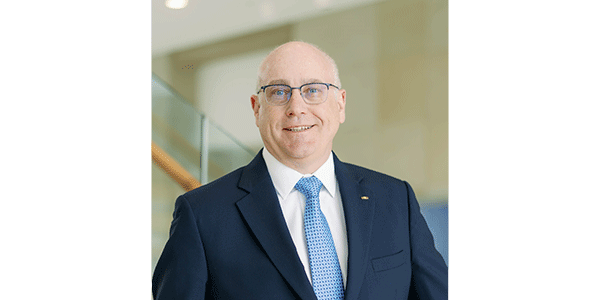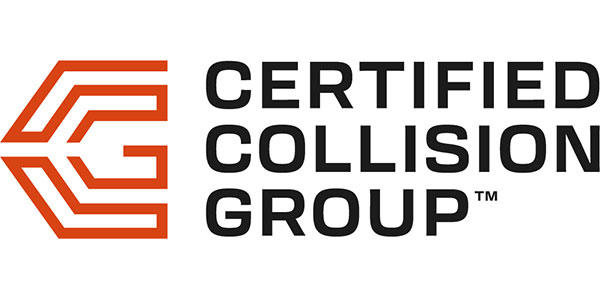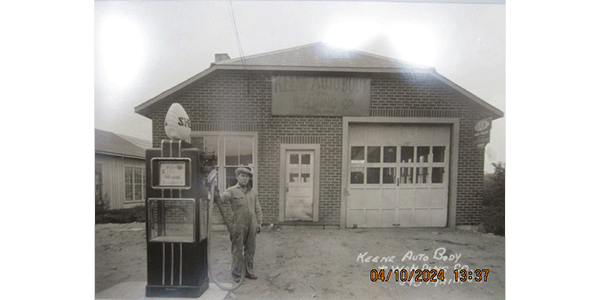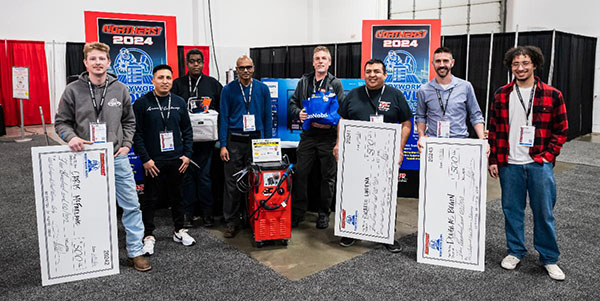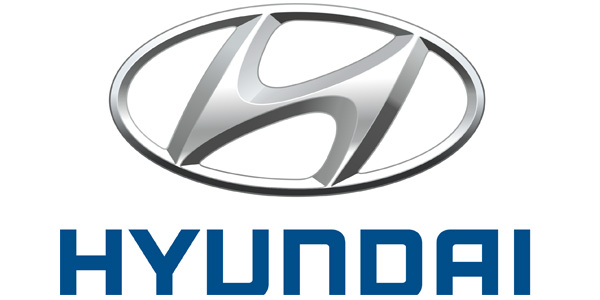
In response to a compliance warning from the Federal Trade Commission, Hyundai Motor America moved swiftly to revise some warranty language on its website and apologized “for any confusion this may have caused.”
The language, which appeared on an FAQ page for Hyundai owners, stated that the use of Hyundai crash parts “is required to keep your Hyundai manufacturer’s warranties and any extended warranties intact.” In an April 9 letter to Hyundai, Lois Greisman of the Federal Trade Commission expressed concern that the language could be a violation of the Magnuson Moss Warranty Act, which forbids tie-in sales of branded products and services as a condition of warranty coverage.
In an email to BodyShop Business, a Hyundai spokesman explained that the aforementioned language was part of a consumer-awareness campaign that the automaker launched in 2016 to educate Hyundai owners on their rights after a collision. The language didn’t appear in Hyundai’s written warranty terms or anywhere else on Hyundaiusa.com, he said.
The language that caught the attention of the Federal Trade Commission was accessible via a web page for Hyundai owners, titled “Hyundai Parts & Collision Info: A Crash Course on Your Collision Repair Rights.” The web page emphasizes, “After a collision, it pays to insist on Hyundai genuine parts.”
The page includes a link to frequently asked questions, one of which is: “Why is it important to insist on Hyundai genuine parts?”. Below is Hyundai’s previous answer:
“Choosing Hyundai genuine parts offers you better fit, finish, design, quality, safety, structural integrity and resale value than alternative collision parts. The use of Hyundai genuine parts is required to keep your Hyundai manufacturer’s warranties and any extended warranties intact. Finally, all new cars leased through Hyundai require that genuine parts be used for collision repairs.”
Here is Hyundai’s revised answer:
“Choosing Hyundai genuine parts offers you better fit, finish, design, quality, safety, structural integrity and resale value than alternative collision parts. Also, while the use of Hyundai genuine parts is not required to keep your Hyundai manufacturer warranties, should damage result from the use or installation of non-Hyundai genuine parts, Hyundai or its authorized dealers would have the right to deny warranty coverage for that part and charge you for any repairs. Finally, all new cars leased through Hyundai require that genuine parts be used for collision repairs.”
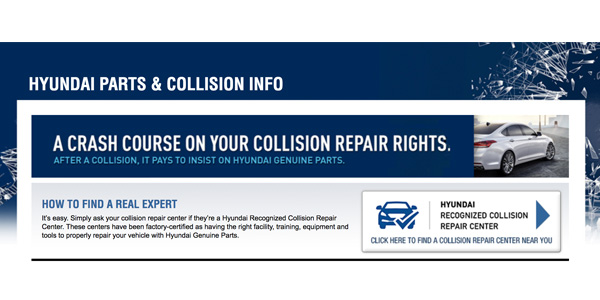
The “Hyundai Parts & Collision Info” page still contains some strong language on the shortcomings of non-OEM crash parts.
Hyundai crash parts “are made with the same precise design specifications, exacting quality and demanding performance standards as the parts that were originally used to build your Hyundai,” the automaker explains on the web page. When a body shop uses non-Hyundai crash parts, “you run the risk of having your vehicle’s appearance, performance, reliability – and even its safety – compromised. Not to mention voiding one or more warranties.”
The web page includes a section titled, “Learn What Type of Parts to Avoid.” Hyundai advises its vehicle owners to avoid:
- Like kind and quality (LKQ) parts – “These are ‘recycled’ OEM parts from salvage (aka, junk) yards. Often, they’ve been previously repaired or reconditioned but there is no way to ensure the proper fit or function with your vehicle.”
- Refurbished or remanufactured parts – “These can include previously used, damaged or worn-out OEM parts that have been refurbished, remanufactured, repaired or entirely rebuilt by an outside source unauthorized by Hyundai.”
- Aftermarket parts – “While new, these imitation OEM parts (aka, quality replacement parts) are not Hyundai genuine parts and are not regulated, or crash-tested, by the National Highway Traffic Safety Administration.”
Visitors to the “Hyundai Parts & Collision Info” web page also can download a PDF of a Hyundai position statement, in which the automaker states that it does not recommend the use of counterfeit, grey-market, aftermarket, imitation, recycled or other non-OEM parts to repair collision-damaged Hyundai vehicles.

